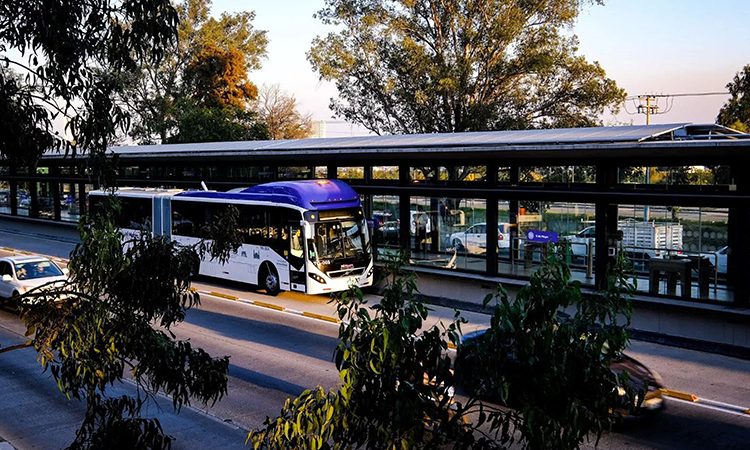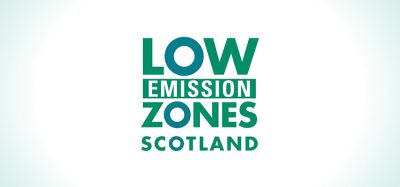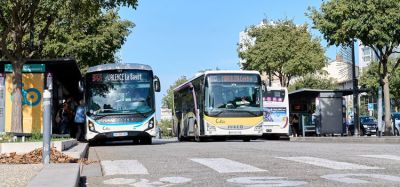One-third of nations neglect public transport in climate action plans, says new UITP report
- Like
- Digg
- Del
- Tumblr
- VKontakte
- Buffer
- Love This
- Odnoklassniki
- Meneame
- Blogger
- Amazon
- Yahoo Mail
- Gmail
- AOL
- Newsvine
- HackerNews
- Evernote
- MySpace
- Mail.ru
- Viadeo
- Line
- Comments
- Yummly
- SMS
- Viber
- Telegram
- Subscribe
- Skype
- Facebook Messenger
- Kakao
- LiveJournal
- Yammer
- Edgar
- Fintel
- Mix
- Instapaper
- Copy Link
Posted: 6 December 2023 | Intelligent Transport | No comments yet
UITP’s latest report indicates that one in three nations are omitting public transport in their climate action plans, emphasising the urgent need to prioritise public transport for sustainable urban development and climate resilience.


Credit: UITP
A recent analysis by the International Association of Public Transport (UITP) has uncovered a glaring gap in the climate action plans of nations worldwide. The report, focused on Public Transport and Nationally Determined Contributions (NDCs), indicates that one in three countries have yet to incorporate public transport strategies into their commitments to combat climate change.
Even among nations that do include public transport in their NDCs, only half allocate a specific budget to execute these actions, as revealed by the latest UITP report. With the impending 2025 renewal of NDCs under the Paris Agreement, the international community faces a crucial moment to enhance capacity and advocate for the widespread adoption of public transport to harness its full potential in mitigating climate change.
Nationally Determined Contributions represent a vital commitment by countries to combat global heating and adapt to a changing climate. According to UITP, if leveraged effectively, these NDCs could serve as a beacon to guide the world out of the current climate crisis, positioning public transport as the cornerstone of urban mobility. The urgency extends beyond environmental concerns, encompassing a pivotal stride toward sustainable urban development and equity.
UITP and ETF call for faster implementation of National Recovery and Resilience Plans
The rapid decarbonisation of daily mobility hinges on the establishment of reliable and affordable public transport systems, complemented by active mobility options. This approach is crucial for enhancing the quality of life in cities and on the planet, making it a matter of paramount importance.
Every percentage increase in the modal share of public transport contributes to a range of societal benefits, including a decrease in road fatalities and injuries, broader access to opportunities, diminished congestion, improved air quality and the liberation of valuable space within urban centres.
As highlighted in the report, the urgency is clear: prioritising public transport is not solely an environmental necessity but a pathway toward forging improved cities, enhancing lives and fostering a healthier planet.
Related topics
Active travel, Air Quality, Modal shift, Public Transport, Sustainable Urban Transport
Related modes
Bus & Coach, Rail
Related organisations
International Association for Public Transport (UITP)







